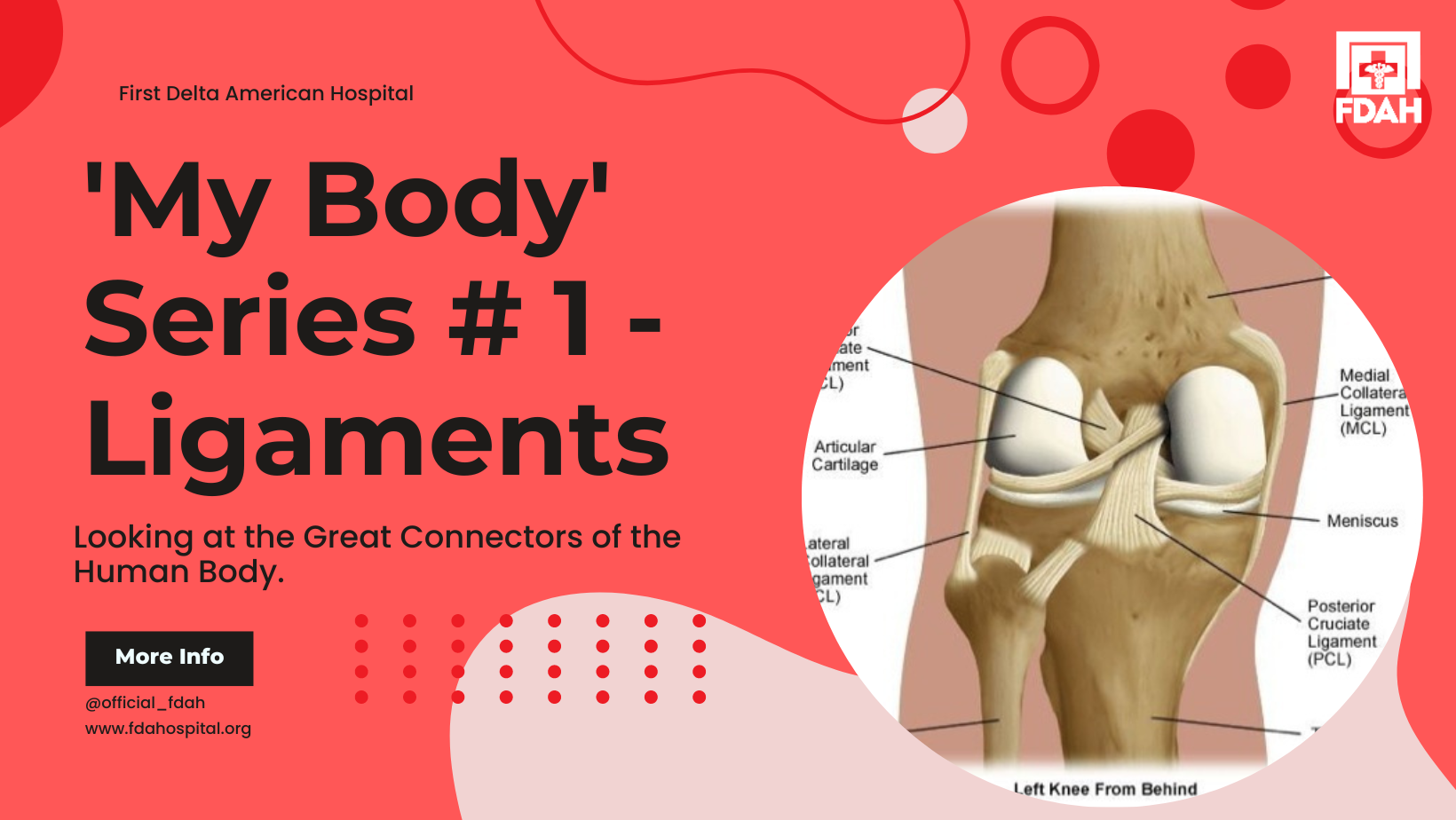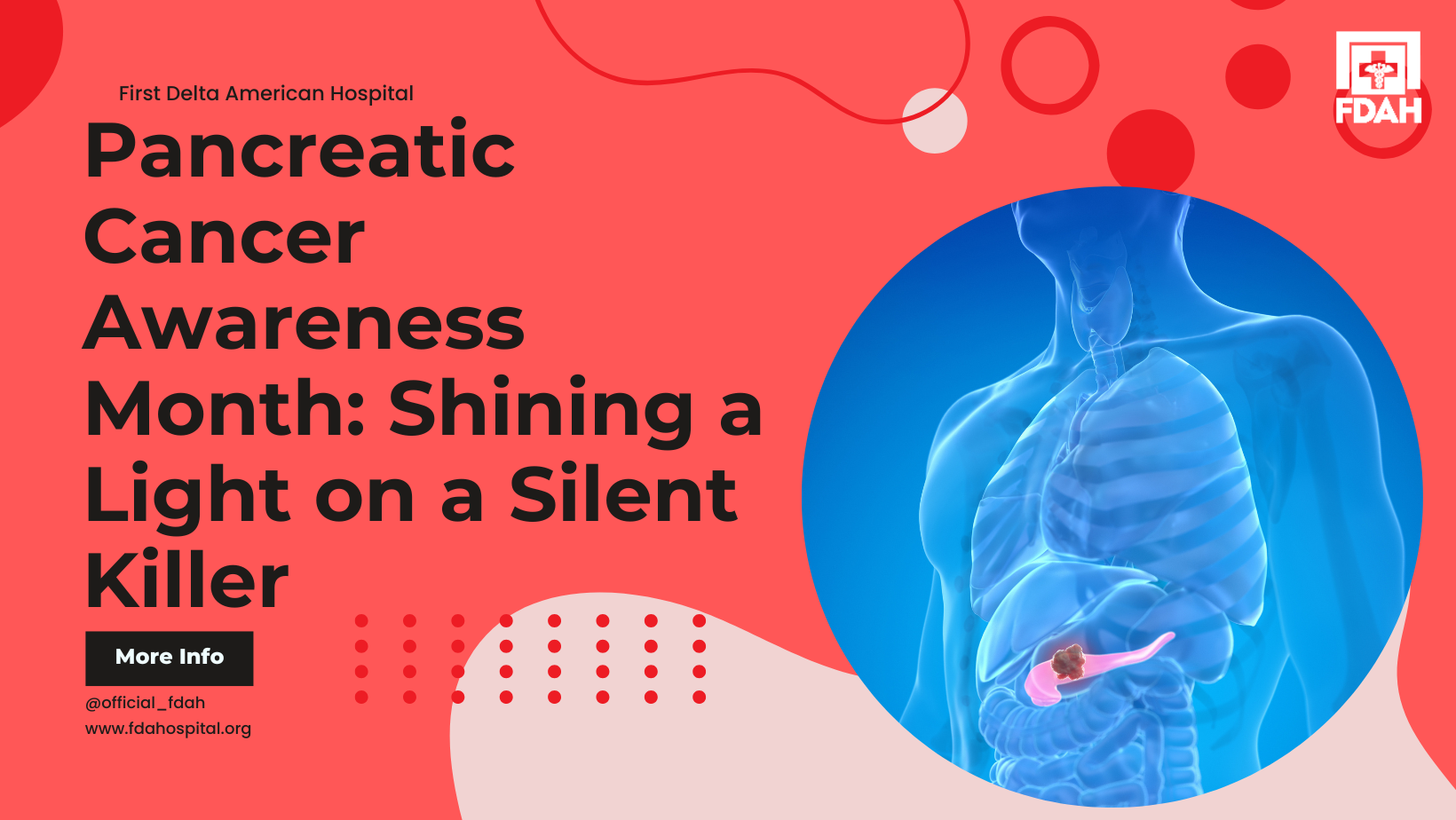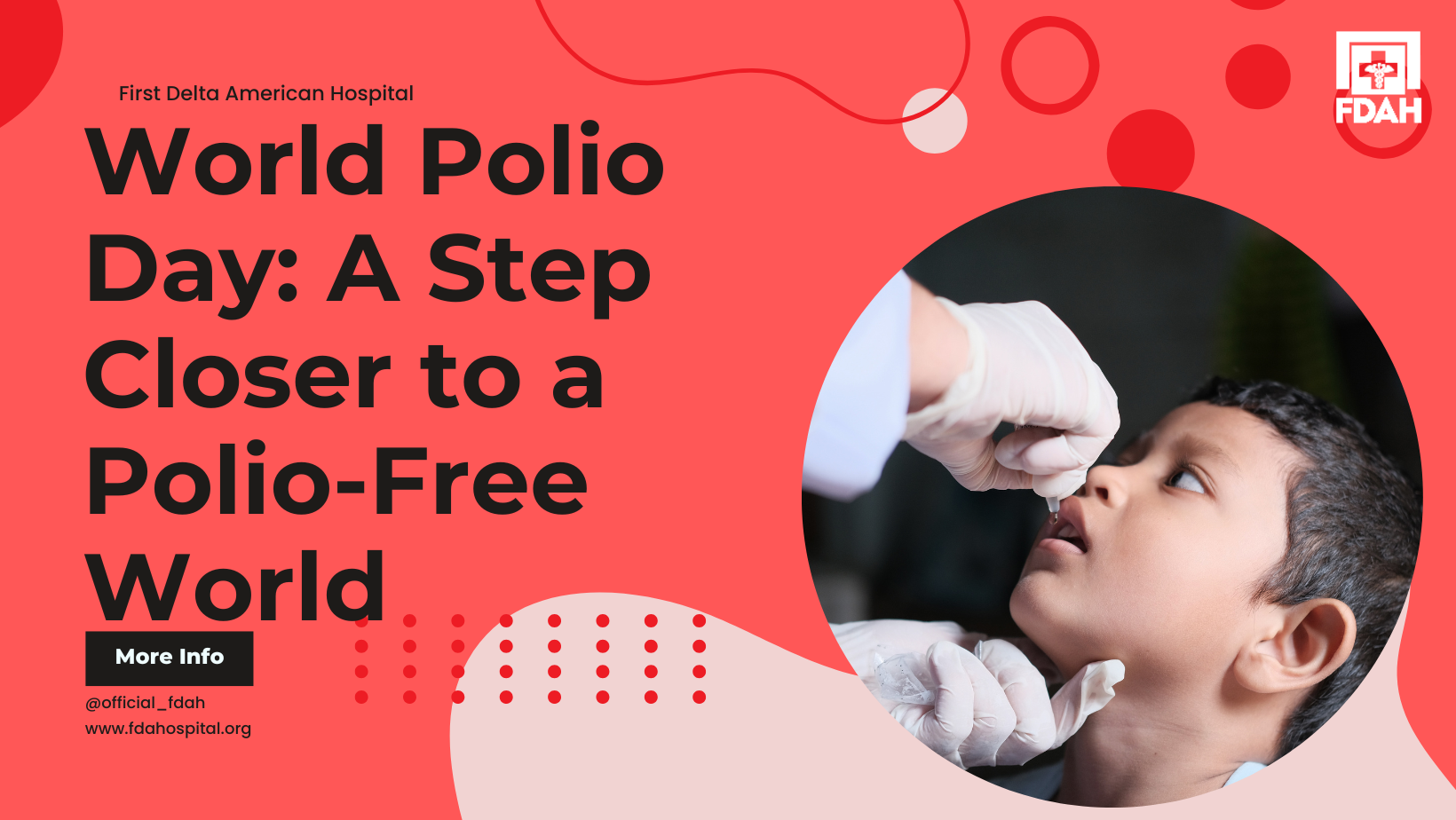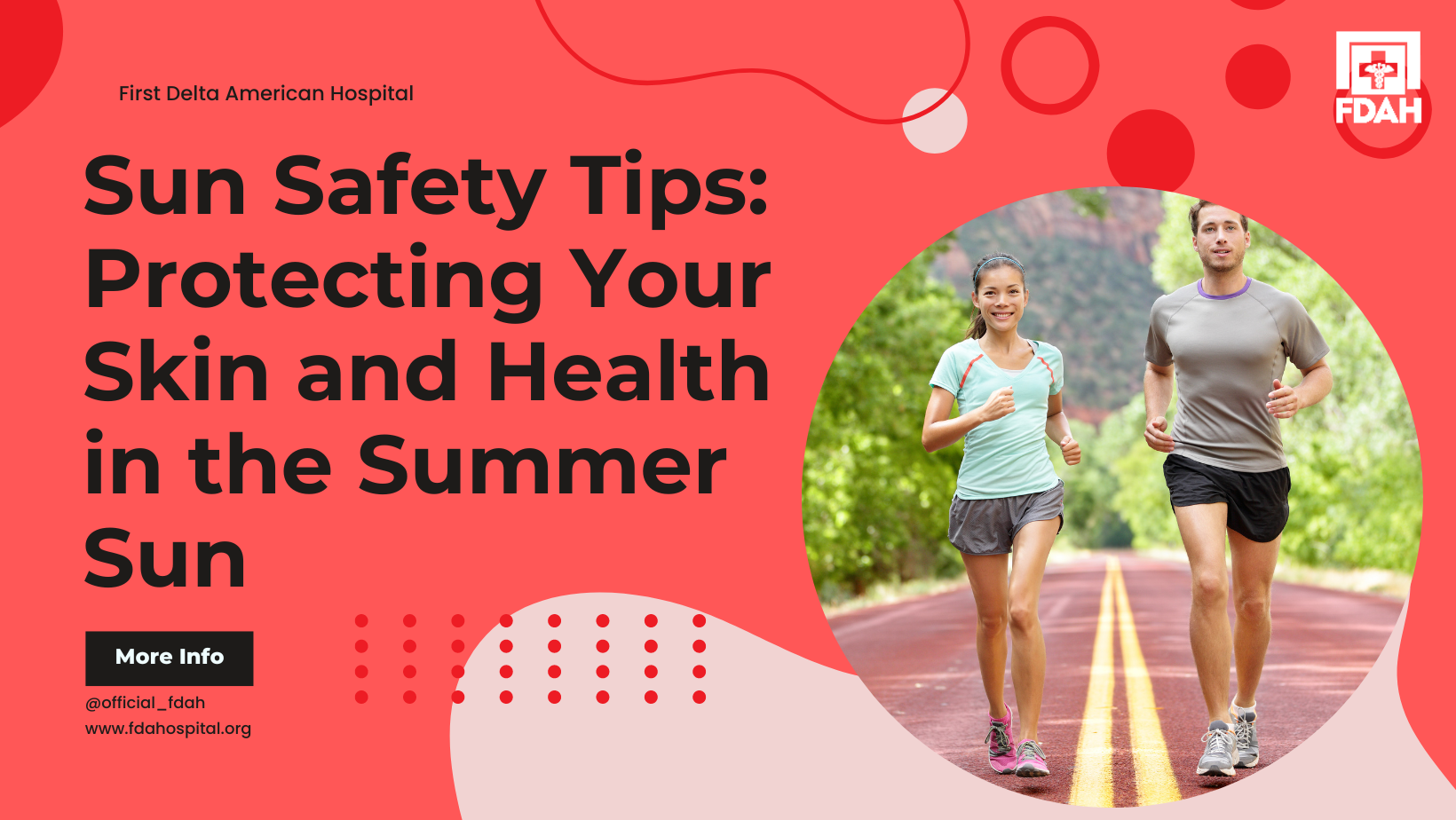This week World Hypertension Day took place on the 17TH of May, with the theme for this year being, “Measure Your Blood Pressure Accurately, Control It, Live Longer.” In today’s article, we will be looking at what hypertension is, what are the risk factors, and how we can reduce the risk of it occurring.
According to the World Health Organisation, “Hypertension (high blood pressure) is when the pressure in your blood vessels is too high (140/90 mmHg or higher). It is common but can be serious if not treated.
People with high blood pressure may not feel symptoms. The only way to know is to get your blood pressure checked.”
Here are a few interesting facts about hypertension, some of which are also rather alarming:
- An estimated 1.28 billion adults aged 30–79 years worldwide have hypertension, most (two-thirds) living in low- and middle-income countries
- An estimated 46% of adults with hypertension are unaware that they have the condition.
- Less than half of adults (42%) with hypertension are diagnosed and treated.
- Approximately 1 in 5 adults (21%) with hypertension have it under control.
- Hypertension is a major cause of premature death worldwide.
Blood pressure is written as two numbers. The first (systolic) number represents the pressure in blood vessels when the heart contracts or beats. The second (diastolic) number represents the pressure in the vessels when the heart rests between beats.
Hypertension is diagnosed if, when it is measured on two different days, the systolic blood pressure readings on both days is ≥140 mmHg and/or the diastolic blood pressure readings on both days is ≥90 mmHg.

There are also various ranges of blood pressure, which lead to different stages of hypertension. They are listed below:

So, what are the causes of hypertension?
Causes and Risk Factors of Hypertension
Several of the causes of hypertension are often due to lifestyle choices, but there are other factors that can increase the risk of hypertension.
Things that increase the risk of having high blood pressure include:
- Older age
- Genetics
- Being overweight or obese
- Not being physically active
- High-salt diet
- Drinking too much alcohol
These factors can be split into modifiable factors and non-modifiable factors. Modifiable risk factors include unhealthy diets (excessive salt consumption, a diet high in saturated fat and trans fats, low intake of fruits and vegetables), physical inactivity, consumption of tobacco and alcohol, and being overweight or obese. Non-modifiable risk factors include a family history of hypertension, age over 65 years, and co-existing diseases such as diabetes or kidney disease.
Symptoms of Hypertension
Most people with hypertension usually don’t feel or show any symptoms. Very high blood pressure can cause headaches, blurred vision, chest pain, and other critical symptoms.
Getting your blood pressure checked is the best way to know if you have high blood pressure. If hypertension isn’t treated, it can cause other health conditions like kidney disease, heart disease, and stroke.
People with very high blood pressure (usually 180/120 or higher) can experience other symptoms including:
- severe headaches
- chest pain
- dizziness
- difficulty breathing
- nausea
- vomiting
- blurred vision or other vision changes
- anxiety
- confusion
- buzzing in the ears
- nosebleeds
- abnormal heart rhythm
If you are experiencing any of these symptoms and high blood pressure, seek medical care immediately.
The only way to detect hypertension is to have a health professional measure blood pressure. Having blood pressure measured is quick and painless. Although individuals can measure their own blood pressure using automated devices, an evaluation by a health professional is important for the assessment of risk and associated conditions.
Complications of Hypertension
Long-term hypertension can cause complications through atherosclerosis, where plaque develops on the walls of blood vessels, which causes them to narrow.
This narrowing makes hypertension even worse because the heart must pump harder to circulate the blood.
Hypertension-related atherosclerosis can lead to:
- heart failure and heart attacks
- aneurysm, or an atypical bulge in the wall of an artery that can burst
- kidney failure
- stroke
- amputation
- hypertensive retinopathies in the eye, which can lead to blindness
Regular blood pressure monitoring can help people avoid these more severe complications.
Treatment of Hypertension
Making some lifestyle changes can help lower high blood pressure. These changes include:
- eating a healthy, low-salt diet
- losing weight
- being physically active
- quitting tobacco and alcohol.
If you have high blood pressure, your doctor may recommend one or more medicines. Your recommended blood pressure goal may depend on what other health conditions you have.
Your blood pressure goal will be less than 130/80 if you have:
- cardiovascular disease (heart disease or stroke)
- diabetes (high blood sugar)
- chronic kidney disease
- high risk for cardiovascular disease.
For most people, the goal is to have a blood pressure less than 140/90.
There are a number of common blood pressure medicines:
- ACE inhibitors including enalapril and lisinopril relax blood vessels and prevent kidney damage.
- Angiotensin-2 receptor blockers (ARBs) including losartan and telmisartan relax blood vessels and prevent kidney damage.
- Calcium channel blockers including amlodipine and felodipine relax blood vessels.
- Diuretics including hydrochlorothiazide and chlorthalidone eliminate extra water from the body, lowering blood pressure.
Prevention of Hypertension
As the old saying goes, prevention is better than cure. Certain changes in your lifestyle can help lower high blood pressure and can help anyone with hypertension. Many who make these changes will still need to take some form of blood pressure medicine.
These lifestyle changes can help prevent and lower high blood pressure.
Do:
- Eat more vegetables and fruits.
- Sit less.
- Be more physically active, which can include walking, running, swimming, dancing or activities that build strength, like lifting weights.
- Get at least 150 minutes per week of moderate-intensity aerobic activity or 75 minutes per week of vigorous aerobic activity.
- Do strength-building exercises 2 or more days each week.
- Lose weight if you’re overweight or obese.
- Take medicines as prescribed by your health care professional.
- Keep appointments with your health care professional.
Don’t:
- eat too much salty food (try to stay under 2 grams per day)
- eat foods high in saturated or trans fats
- smoke or use tobacco
- drink too much alcohol (1 drink daily max for women, 2 for men)
- miss or share medication.
Reducing hypertension prevents heart attack, stroke, and kidney damage, as well as other health problems.
Reduce the risks of hypertension by:
- reducing and managing stress
- regularly checking blood pressure
- treating high blood pressure
- managing other medical conditions.
Conclusion
So to conclude, World Hypertension Day serves as a powerful reminder of the importance of prioritizing our cardiovascular health and raising awareness about hypertension, a silent but significant global health issue. By understanding the risk factors, adopting a healthy lifestyle, and seeking proper medical care, we can take proactive steps to prevent and manage high blood pressure.
Throughout this article, we have explored the staggering statistics surrounding hypertension. We have delved into the underlying causes, the potential complications, and the ways to treat hypertension. Moreover, we have discussed actionable strategies to maintain healthy blood pressure levels, including dietary modifications, regular exercise, stress reduction techniques, and medication adherence.
It is crucial to emphasize that hypertension is not a battle to be fought alone. By fostering a supportive environment, we can encourage open conversations about blood pressure management and motivate each other to make positive changes. We must also advocate for improved access to healthcare, especially in underserved populations, where the burden of hypertension is often higher.
On this World Hypertension Day, let us commit to making our cardiovascular health a top priority. Let us encourage routine blood pressure screenings, educate ourselves and others about the importance of maintaining healthy levels, and promote a culture of prevention. By coming together as individuals, healthcare professionals, policymakers, and organizations, we can strive toward a future where hypertension is no longer a leading cause of preventable deaths.
Remember, knowledge is power. Spread the word, share this information, and let us work hand in hand to combat hypertension and create a healthier world for everyone. Together, we can make a significant difference in reducing the global burden of high blood pressure. Have a great week!




